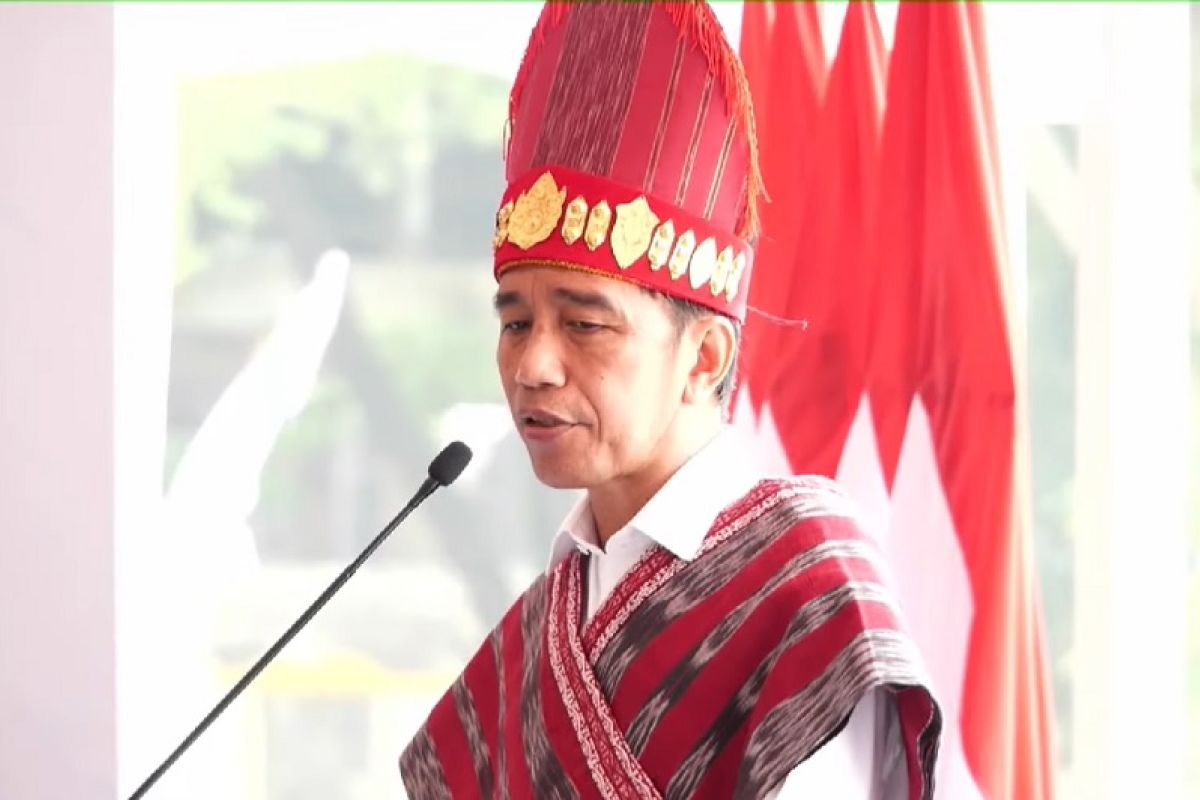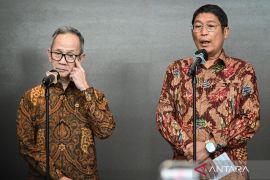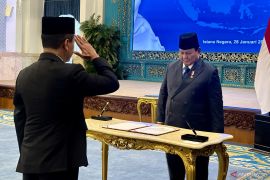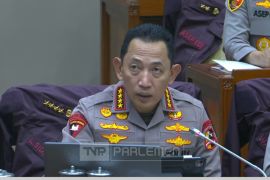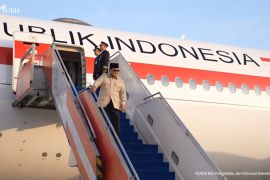Hence, the head of state invited all regional heads to utilize the smallest land in their territory to plant and produce food to meet their daily needs.
"Do not let there be empty land. Use it for the nutritional intake of our children. (It is) because we plant wherever it grows, and we can harvest it. It is very important," President Jokowi stated at the commemoration of the 29th National Family Day at the Merdeka Square, Medan, North Sumatra, on Thursday.
The president reminded that children determined the future of Indonesia.
According to Jokowi, if Indonesian children are smart and intelligent, then it will make it easier in facing global competition.
"If our children are stunted, then their nutrition is not good, their nutrition is not sufficient, and it will be difficult for us to compete with other countries," he emphasized.
The head of state drew attention to the matter of food self-sufficiency amid the rising global food commodity prices as a result of the Russian military invasion of Ukraine since the end of last February.
Although most Indonesians consume rice as the main food commodity, the president reminded that the Russian military invasion of Ukraine will still have an impact in the form of the need for wheat.
"We also import a lot of wheat. We import 11 million tons of wheat, and the price may increase," the president stated.
The head of state explained that the regions of Russia and Ukraine contributed about 30-40 percent to the world's wheat production.
Related news: Preserving forests to sustain food independence in N Maluku
The conflict between Russia and Ukraine was causal to the complexity of the grain shipping route that had an impact on the surge in prices of global food commodities.
Global food prices have increased by 30-50 percent due to supply constraints caused by the conflict between Russia and Ukraine, he noted.
However, Indonesia has been fortunate since its farmers have continued to produce food in an effort to meet the domestic needs.
On the other hand, the president reiterated his government's target to reduce the stunting rate in Indonesia to 14 percent by 2024.
"I entered in 2014 when the stunting rate was 37 percent. In 2021, the stunting rate was at 24.4 percent. The decline was very drastic, but our target in 2024 should be to reach 14 percent," he stated.
Related news: BPOM to apply heroic values for building science, food independence
Translator: Gilang G, Azis Kurmala
Editor: Rahmad Nasution
Copyright © ANTARA 2022
